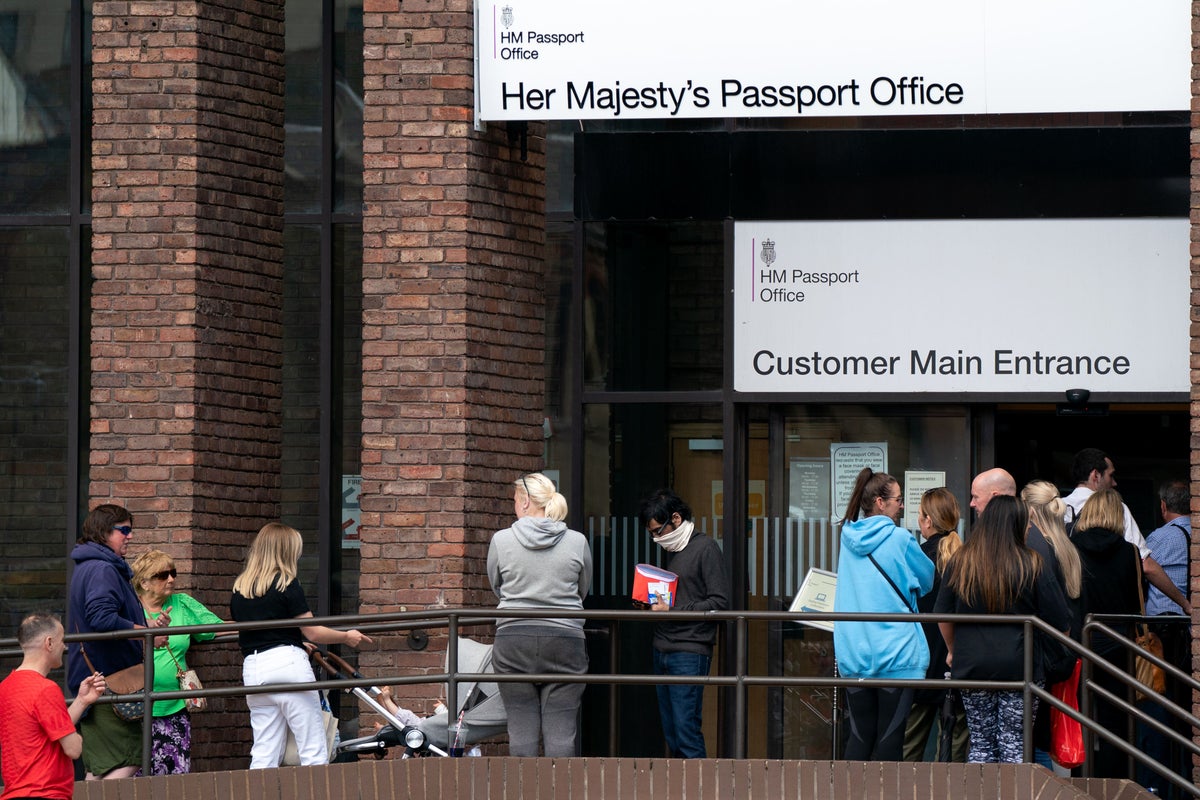
Passport Office workers are to strike for five weeks in an escalation of a dispute over jobs, pay and conditions.
More than 1,000 members of the Public and Commercial Services (PCS) union working in Passport Offices in England, Scotland and Wales will take part in the action from April 3 to May 5.
Those working in Durham, Glasgow, Liverpool, London, Newport, Peterborough and Southport will walk out from April 3 to May 5 while those in Belfast will strike from April 7 to May 5.
The union said the action was a “significant escalation” of its long-running dispute, warning it was likely to have a “significant impact” on the delivery of passports as the summer approaches.
PCS general secretary Mark Serwotka said: “This escalation of our action has come about because, in sharp contrast with other parts of the public sector, ministers have failed to hold any meaningful talks with us, despite two massive strikes and sustained, targeted action lasting six months.
“Their approach is further evidence they’re treating their own workforce worse than anyone else,” he continued. “They’ve had six months to resolve this dispute but for six months have refused to improve their 2% imposed pay rise, and failed to address our members’ other issues of concern.
“They seem to think if they ignore our members, they’ll go away. But how can our members ignore the cost-of-living crisis when 40,000 civil servants are using foodbanks and 45,000 of them are claiming the benefits they administer themselves?
“It’s a national scandal and a stain on this government’s reputation that so many of its own workforce are living in poverty.”
The Independent understands there will be no change to the guidance that travellers should allow 10 weeks between a passport application and delivery.
A Home Office spokesperson said: “We are disappointed with the union’s decision to strike after engaging in constructive talks to find a resolution.
“We are working to manage the impact of strike action, whilst ensuring we can continue to deliver vital services to the public, with comprehensive contingency plans in place.”







